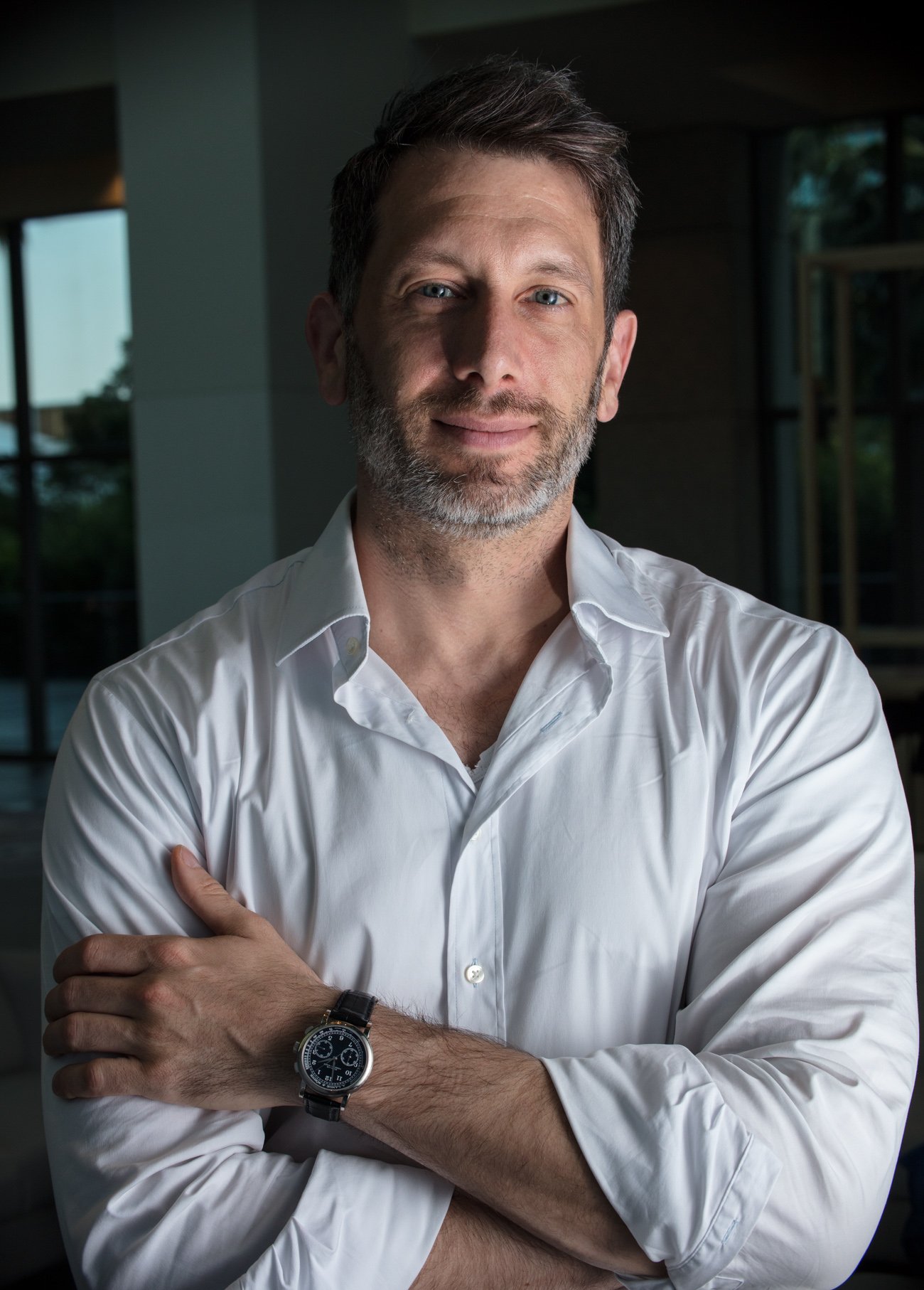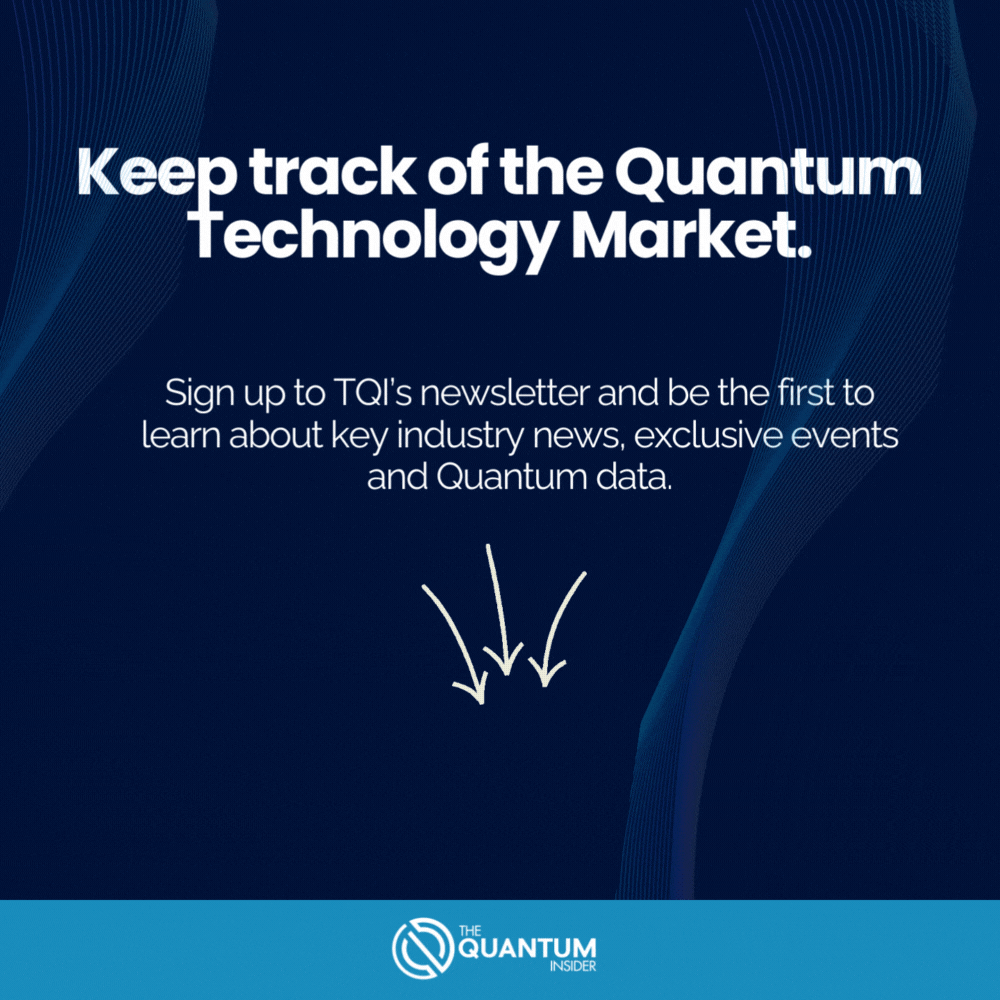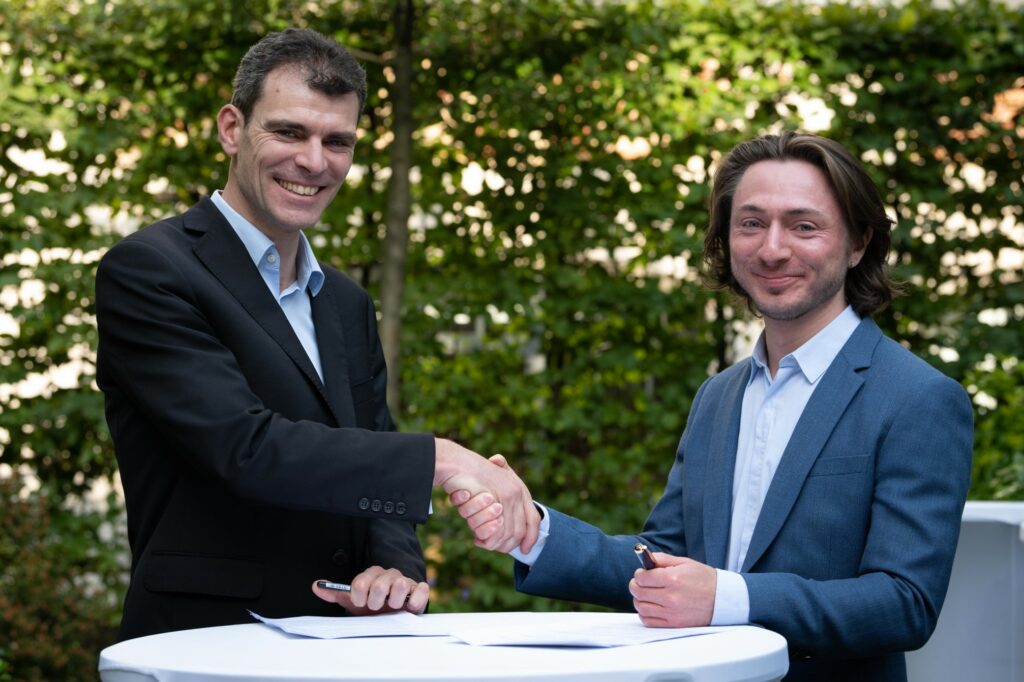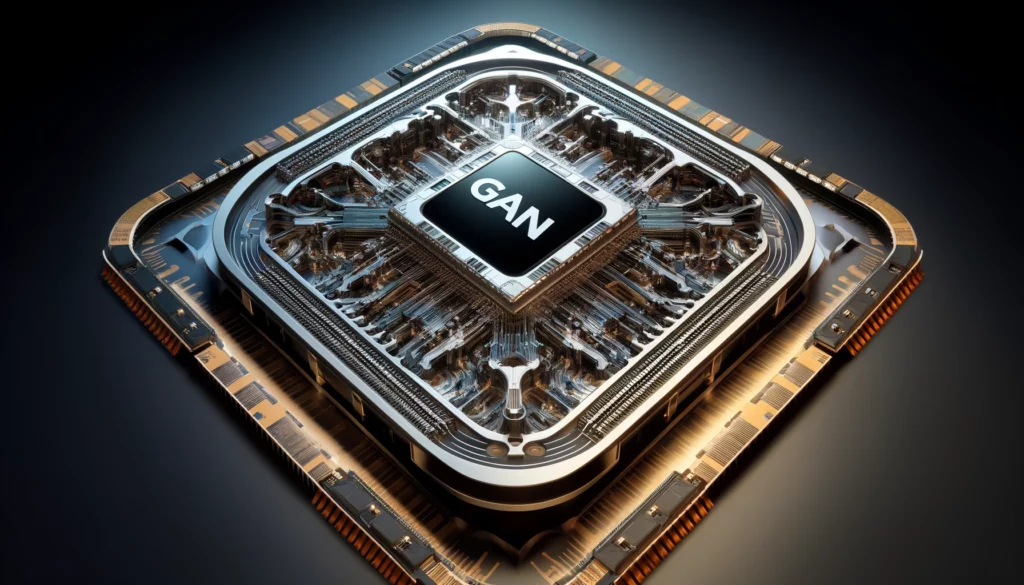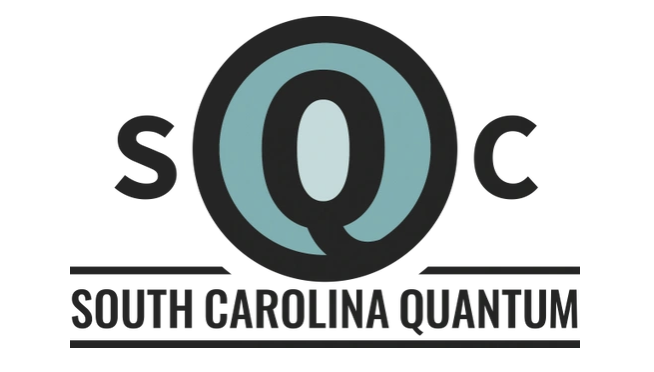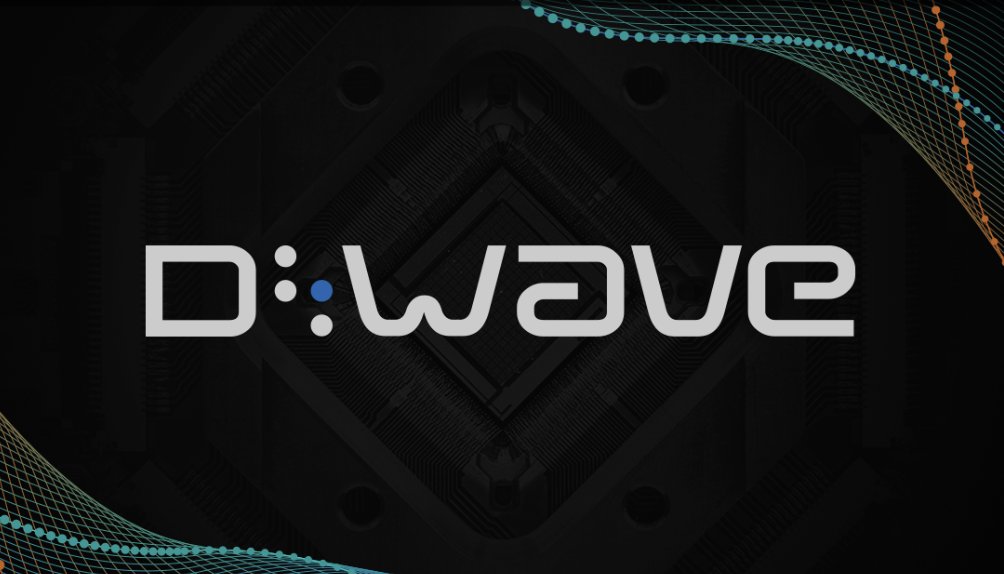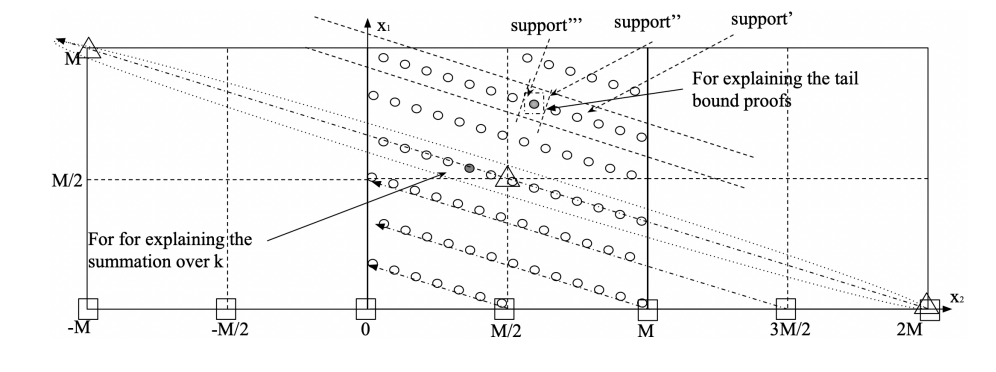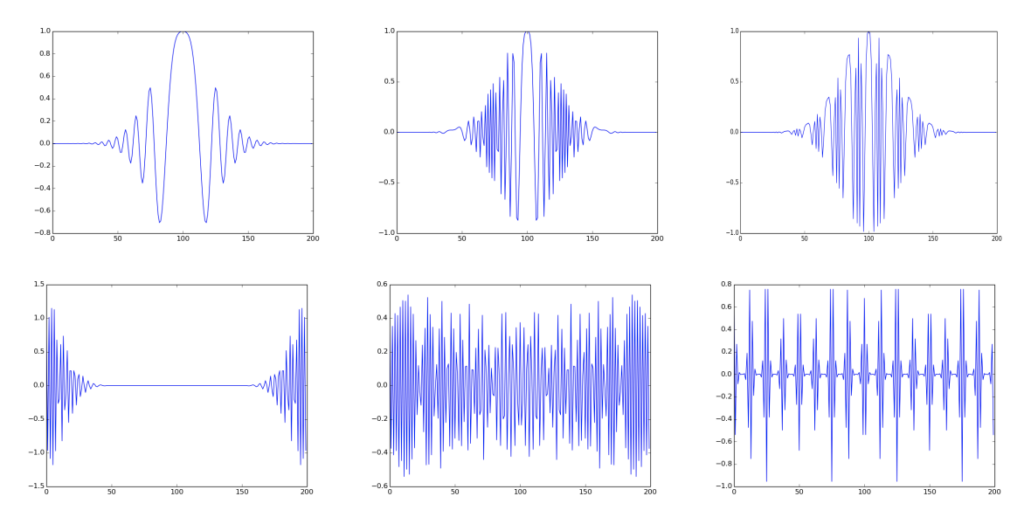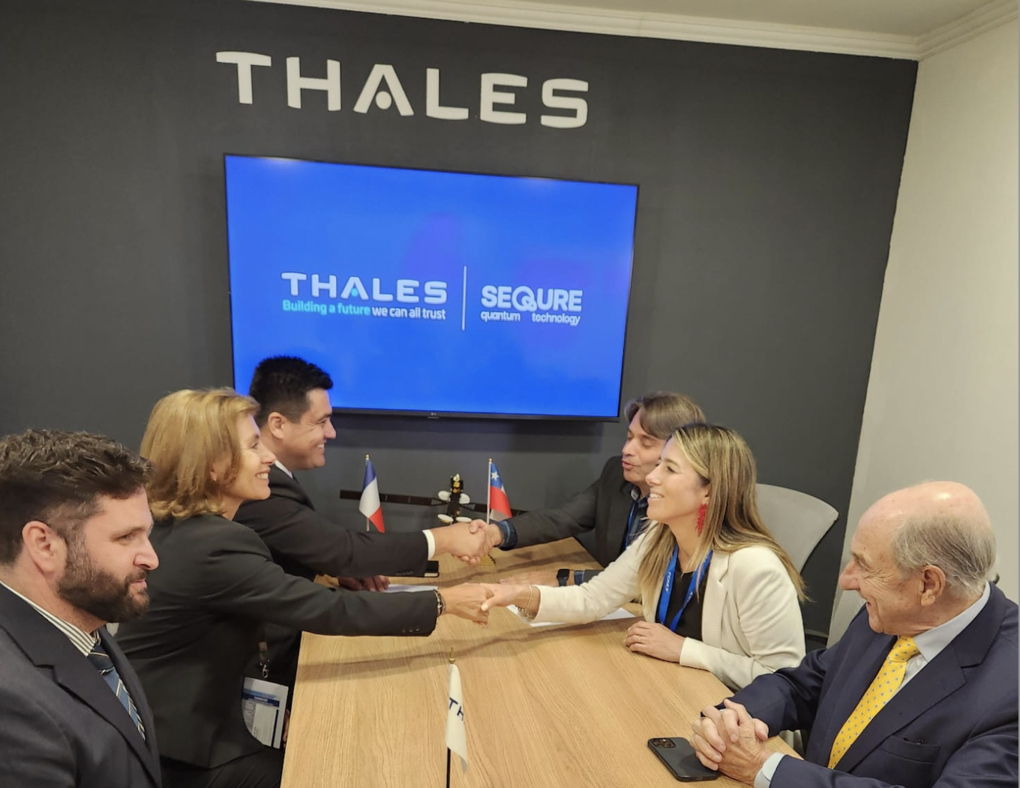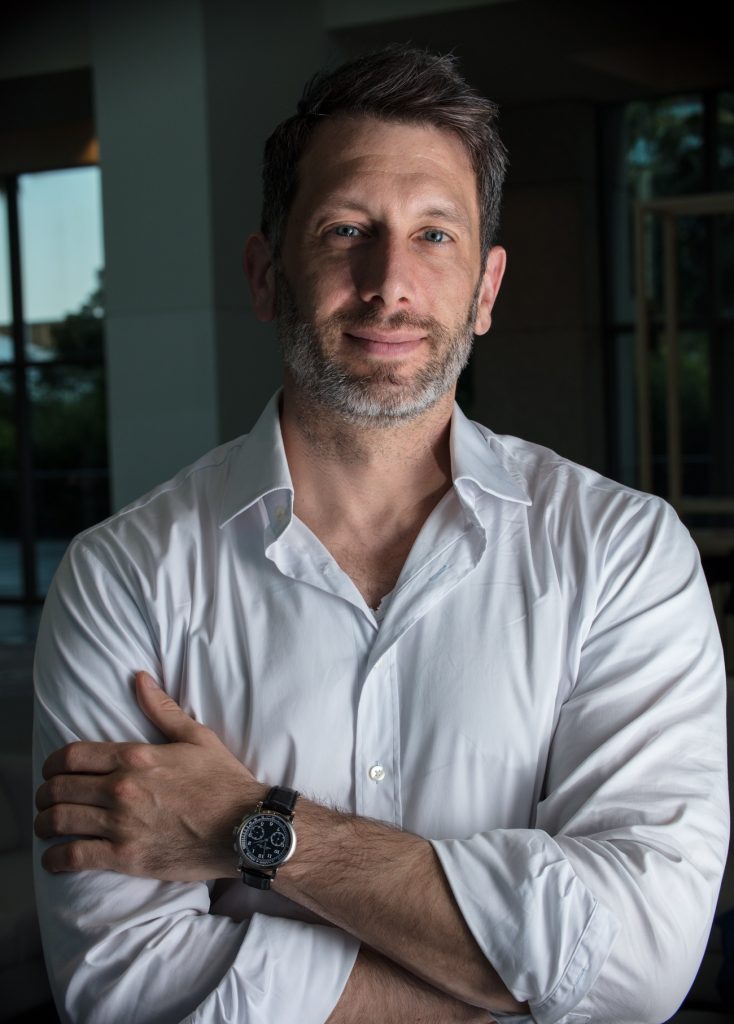
First, the control.
According to CEO and founder Michael J. Biercuk, Q-CTRL’s fundamental mission is to deliver tools to help solve the most pressing challenges for quantum technology in the NISQ era and beyond: controlling noise and decoherence.
In the early 2000s as a graduate student and, later, as a researcher, Biercuk began building and experimenting with devices that were targeted primarily at studies in fundamental quantum physics. Over the last two decades, his research interest and his expertise has grown to include quantum computing and quantum sensing , but it’s always revolved around one core goal: making quantum technology useful through quantum control engineering.
As its name suggests, control engineering is involved in numerous disciplines and industries. It makes walking robots walk, helps autonomous vehicles navigate, and makes airplanes fly, explained Biercuk, who received his master’s and doctorate in Physics from Harvard.
In quantum computing, that big control problem is managing errors, he said. To gain more control of those errors, the company has introduced three software product lines – BLACK OPAL, BOULDER OPAL, and FIRE OPAL — to meet the various levels of users’ experience, expertise and expectations.

“Our focus is on building solutions that help teams get better results from their hardware,” said Biercuk. “It’s all about applying quantum control to make the hardware perform better. We have introduced a variety of techniques that can stabilize against decoherence and reduce errors in quantum logic operations – these software products allow us to deploy that capability to users with different levels of expertise.”
And now, the timing.
Although Q-CTRL is about 3 years old, you might say it’s been a lifetime in the making. Q-CTRL is founded largely on Biercuk’s expertise that he developed, literally, over a research and academic career that has been entirely dedicated to the field of quantum technology. Q-CTRL has taken his goal of creating useful quantum technologies one step further:
“Our objective is to create solutions based on quantum control – applying the concepts of control engineering to the quantum domain. We build products and services that solve the big problems in various industry verticals in order to deliver useful quantum tech”
Biercuk, who had continued to teach and conduct research into quantum control as a Professor at the University of Sydney, said that for many years he did not think the market was right for a quantum industry. But, just a few years ago, he sensed that the timing was right to start the company.
“The company started in 2017, but, years before that investors would ask my opinion on investing in quantum because I was a professor at a university and had my own academic team,” said Biercuk. “And, every single time, I would say it’s too early. I said this up until about the middle of 2017 when I attended an event in Munich that was run by BlueYard Ventures. That event brought together more or less everyone who was academic that was thinking of industry opportunities, or people from industry. This event made clear to me that something was changing in the sector — and whether or not it was early based on the technology — the timing was right for the quantum industry.”
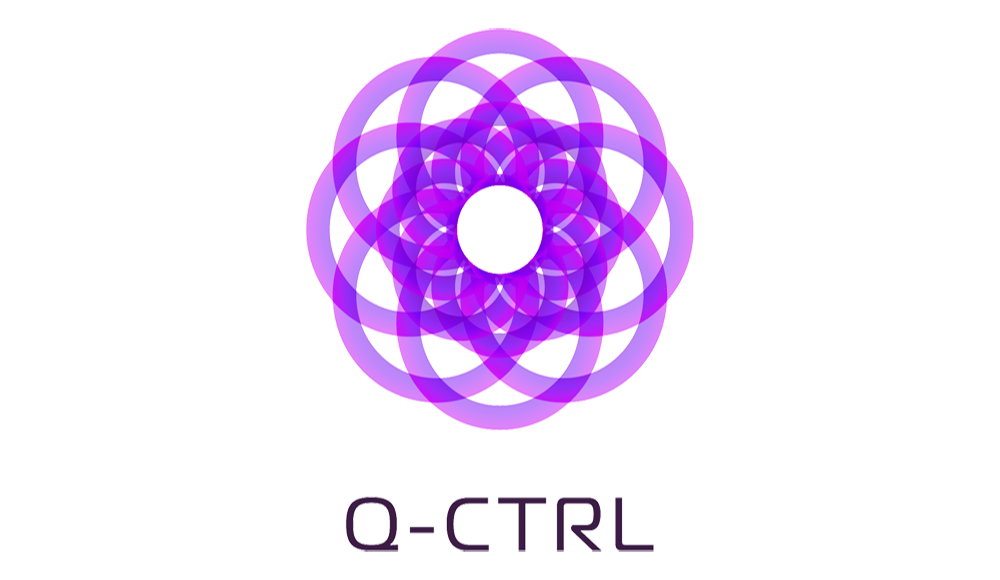
Beyond Just Quantum Computing
Biercuk differentiates between a quantum computer company and a quantum technology company, placing Q-CTRL in the latter category. “While we have a big practice in quantum computing, our products and services support all sorts of activities,” he said.
For example, Q-CTRL technologies apply the concepts of quantum control engineering to support verticals such as defense, aerospace, autonomous vehicles, and health.
While quantum computing is the bread and butter of Q-CTRL and part of its original offering, it has now grown into the quantum sensing field. Quantum sensing refers to quantum technology that can be used to perform very sensitive measurements a physical profess. Examples could include magnetometers that use superconducting quantum interference devices, atomic gravimeters, and atomic clocks.
Quantum control, though, could play a huge role in a number of industries from defense to logistics, according to Biercuk. The company is currently working with another industry partner, Advanced Navigation. Advanced Navigation builds ultra-precise, AI-based navigational technologies and robotics for sea, air, land and space across commercial and defense domains. Now they’ve teamed up with Q-CTRL to produce a new generation of quantum-enhanced systems with performance beyond anything available today.
He added that the technology being developed with Advanced Navigation can help operate autonomous vehicles such as cars and ships by performing sensitive measurements of acceleration. “You measure how much you accelerate – how much you move one way or another – then with the right software algorithm, you can integrate the acceleration and end up with a signal indicating where you’re going and where you are,” he said “That can be important, especially in what’s called a contested battle-space. In other words, a situation in which you can’t rely on GPS.” A loss of GPS is a serious concern for several sectors, including defense, shipping, and autonomous vehicles.
“Maybe you lose GPS because you’re in a dead zone or you go through a tunnel, or maybe there’s an adversarial circumstance where someone is jamming or spoofing GPS equipment,” said Biercuk.
Quantum-enabled technology dramatically improve precision navigation and timing by providing much-needed stability to the hardware. “These quantum-enhanced navigation systems can allow performance that approaches GPS levels, even when you no longer have access to GPS,” said Biercuk.
Lessons Along the Q-CTRL Journey
Biercuk said that his journey from quantum scientist to quantum startup founder has required him to learn and, at times, unlearn lessons.
“The objective in academia is just so different from the objective in industry,” said Biercuk.“In academia — or just in science — we search for and pursue truth, and the only thing that matters is truth. In industry, we pursue opportunity. To be clear I don’t mean pursuing opportunity at the expense of truth. When your sole mission is looking for truth, your whole approach to solving problems is very specific; your approach is to identify and exclude things that are inconsistent with truth.”
“This works great for finding out how the universe works, but it’s terrible when it comes to deciding whether you should take the plunge and try something entrepreneurial. In entrepreneurship, there’s a huge amount of uncertainty. I had to get really comfortable with the idea that even if I ran through all my mental scenarios of how Q-CTRL could fail, what ultimately mattered was: Could there be a way that it could work?”
The Future of Quantum
Biercuk does believe that this is the right time for quantum technologies, but he also said it’s a good time for investors and members of the industry to be realistic about timelines and the challenges ahead.
“One of the challenges in the industry is making sure that investors are enthusiastic, but properly informed,” said Biercuk. “We have core values in our company; one of our core values is to be trusted. I go to great lengths to make sure that I convey the true optimism I have for this field. I spent my entire professional career in this, it’s actually half of my life. I’m extremely bullish about it. But I also want to make sure that we don’t have unsophisticated money entering the field and screwing it up for everybody else. If you have people who expect quantum computers will be here on the timescale of mobile applications to deliver wine, it causes problems.”
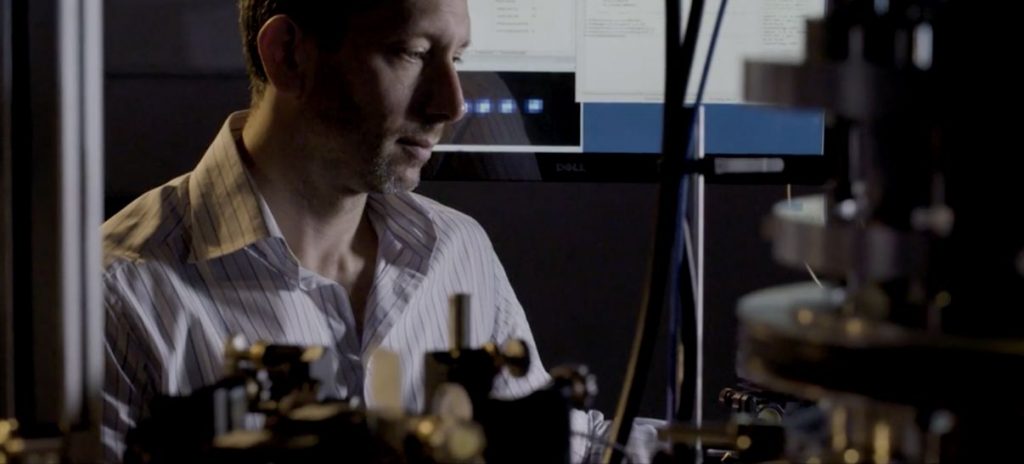
He added that these unrealistic expectations can cause problems for legitimate companies working to raise funds based on reasonable explanations for their technology, while some other companies that are over-hyping their products are attracting large rounds. “A race to maximize unrealistic expectations for short-term gain ultimately hurts everyone.”
To realize quantum’s full potential, Biercuk recommends patience, along with careful cultivation of investor relationships and knowledge management.


